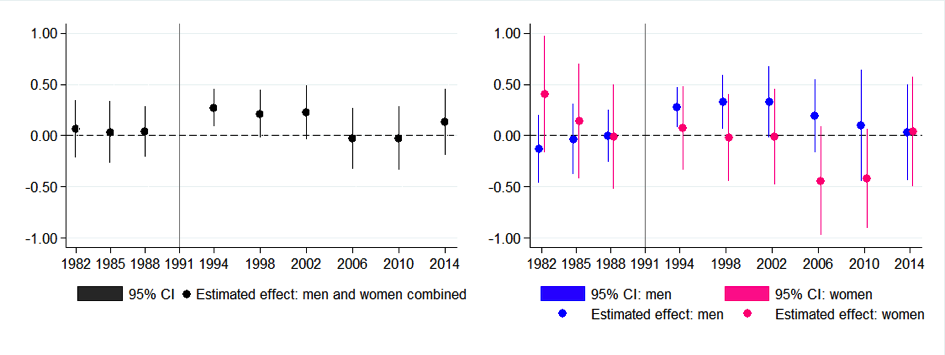Mitch McConnell: Tomorrow, I will keep my commitment to vote to move beyond the failures of #Obamacare. I will vote yes on the motion to proceed.
The fight for your health care just kicked up a few notches. Republicans are desperate for a “win,” even though they don’t know what they’re fighting for, to the point that they’re flying in John McCain immediately after his blood clot surgery and brain cancer diagnosis. The vote happens tomorrow, so you’d better get active now. Ben Wikler has some good advice.
The first big tell is Tuesday morning, when Republicans need 50+1 votes to start final debate on… something bad, don’t know what yet. 2/
Nobody knows how Tuesday’s vote will go. I have a sinking feeling. As do others. Need constant, maximal pressure. Call: 202-224-3121 3/
Unlike earlier phases of this battle, the hard right is now fully engaged. Koch organizations, Trump admin, the works. We must be louder. 4/
If McConnell votes FOR the motion to proceed but it FAILS, he can’t bring it up again and you can exhale. 7/
that’s very unlikely. Leaders nearly always switch their votes to “nay” so they’re voting w majority and reserve right to bring back up. 8/
If the Rs win the Motion to Proceed, we enter 20 hours of debate. Surreally, that’s all the debate we’ll get on Trumpcare. 11/
In this case, though, the MTP isn’t necessarily a preview of final vote because we won’t know what the final bill will be. So TURN IT UP 13/
Tue-Wed, we’ll have 10 hours of R speeches, 10 hours of D speeches, furious dealmaking, & (your job) mega public outrage 14/
Then vote-o-rama: the weird Senate thing on budget reconciliation bills where each side proposes unlimited amendments & ALL get voted on 15/
This time, vote-o-rama will be used by Rs to propose radical restructurings of the health care system without time for debate or review 17/
Meanwhile, Dems will, I hope and expect, come ready with 100s or 1000s of amendments to extend vote-o-rama as long as possible 18/
That’s the only way Ds can delay the final vote. But the Parliamentarian could rule them dilatory. Or McConnell can change rules anytime 20/
At the end, McConnell will intro an amendment that wipes away all previous amendments. That’s the final bill. Possibly unseen till then 22/
And then the Senate will vote on Trumpcare, whatever Trumpcare is at that point. A mystery bill that could shape all of our futures. 23/
In a series of moments, each a second or two long, a handful of Republican senators will vote yay or nay—death or life for untold 1000s 25/
If the Senate votes yes on Trumpcare, it’s very likely that the House votes the bill through intact & with mind-blowing speed. 29/
If the GOP passes the Motion to Proceed on Tuesday, I’d suggest basically putting your life on hold until the Trumpcare final vote is over.
This is one of those extremely rare moments in politics when everything is on the line—AND nobody knows which way it’ll go.
His advice for what to do begins around here in the Twitter thread. One thing I’d like to point to directly are virtual call banks, where you repeatedly call your representatives from the comfort of your home, but Wikler details a lot of other ways you can help and dishes some great advice (eg. don’t call people who don’t represent you).
Now get moving! Your health depends on it.


